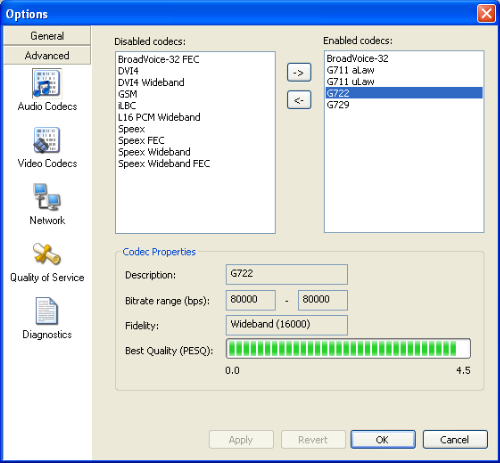

Unexplained chest pain and conjunctivitis have also been reported as symptoms of COVID-19. In more severe cases, infection can cause pneumonia with severe acute respiratory distress. If you have any symptom(s) of COVID-19, even if it is mild, don't delay, please get tested and isolate while you wait for your test results. While some people don't develop symptoms at all, for people who do develop symptoms these typically appear five to six days after exposure to the virus. What are the variants of concern? How are they detected? However, it is possible that symptoms can appear anytime from between 1 and 14 days after being exposed to the virus. The SARS-CoV-2 virus that causes COVID-19, like other viruses, is continually undergoing changes in in its genetic structure (genome). Think of the genome as a blueprint that shows a cell how to create more of the virus. #Item opened on your behalf eyebeam 1.5 enhanced how to# Every time someone is infected with a virus there is an opportunity for the virus to change a little. Most of the time, these changes don't make the virus more dangerous, though they can help us to work out where particular cases of the virus originated.

However, sometimes the virus can change in ways that make it easier for the virus to spread, or to make people sicker, or both.

When this happens, the World Health Organisation uses the name "variants of concern". Variants of SARS-CoV-2 are identified by looking at the genetic code of the virus ("genome sequencing") and comparing the sequence of genetic material to that of other SARS-CoV-2 viruses. #Item opened on your behalf eyebeam 1.5 enhanced code# In NSW many swabs, including those from people in quarantine have their genome sequenced. This allows us to detect new variants of the virus and helps to confirm where the particular strain has come from. The Delta variant of concern was first identified in October 2020. It causes more infections and spreads faster than early forms of the SARS-CoV-2 virus. The Delta variant is easily transmitted to household members of positive cases and has also been associated with infections in workplace and high-density housing settings such as apartments.ĭata suggests that the Delta variant causes more severe illness and increased number of hospitalisations than previous strains of COVID-19 in unvaccinated persons.įully vaccinated people can still spread the virus to others. However, vaccinated people appear to be infectious for a shorter period, and have a much lower chance of developing severe illness. #Item opened on your behalf eyebeam 1.5 enhanced code#.#Item opened on your behalf eyebeam 1.5 enhanced how to#.


 0 kommentar(er)
0 kommentar(er)
